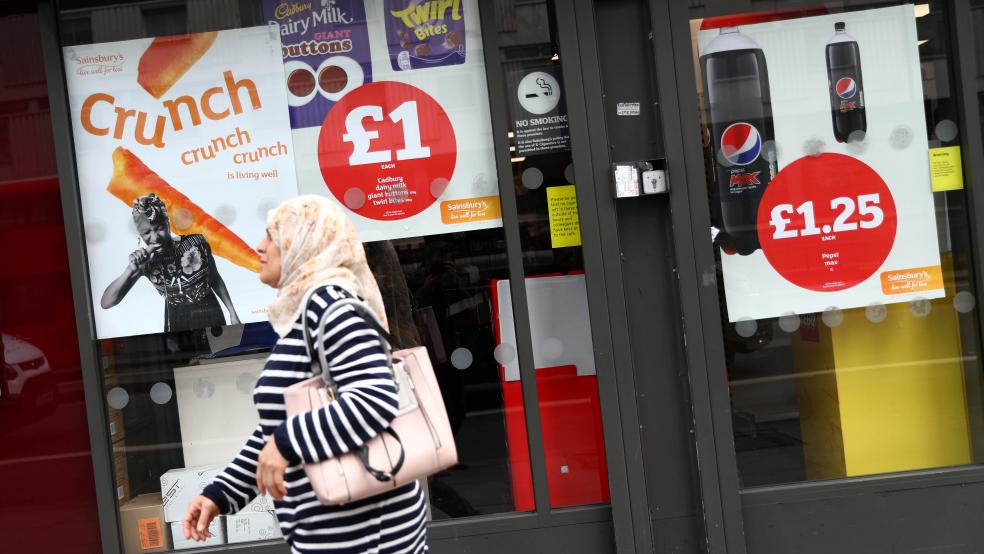LONDON (Reuters) - Bank of England policymakers face conflicting signals about the economy as they prepare to debate next week whether to raise borrowing costs for the first time in a decade.
Inflation is running above the BoE's 2 percent target and unemployment is at its lowest level in more than 40 years.But wages are growing only weakly and evidence for a big pick-up in investment and exports - a key factor for the BoE - looks mixed at best. Many analysts say uncertainty about Britain's exit from the European Union is also likely to slow the BoE's move toward raising borrowing costs.Just two of 80 economists in a Reuters poll conducted last week expect the central bank to raise rates on Aug. 3, and a look at the data helps explain why [ECILT/GB].Official data on Wednesday showed Britain's economy gathered only a little speed in the second quarter after almost stalling at the start of the year, capping off its weakest first half since 2012.Below are some of the key measures of the economy that members of the Monetary Policy Committee will be scrutinizing over the next week.INFLATIONInflation fell unexpectedly in June, which prompted financial markets to cut bets for a rate increase in August. But BoE officials say they do not place much weight on a single month's data. BoE Governor Mark Carney has said the overall picture remains unchanged for inflation, which would remain above the BoE's target for "a period of time."The median forecast in a Reuters poll published last week predicted consumer price inflation would reach 3 percent by the end of this year, as this chart shows: http://reut.rs/2eKWwlUUNEMPLOYMENT AND WAGESWage growth has broadly flatlined over the last few years, even though the unemployment rate has fallen to its lowest level since the 1970s.At 4.5 percent, the jobless rate is at the level the BoE believes may lead to higher pay, and it expects a substantial increase in wage growth next year. However, there is little sign as yet that this is taking hold. Instead, inflation has gnawed away at wage growth, meaning average earnings adjusted for inflation are falling again after a respite in 2015 and 2016, as this chart shows: http://reut.rs/2h0hL3SEXPORTS While the volume of goods shipped by British exporters has increased since the June 2016 Brexit vote, the improvement looks to be about average for European Union countries, as this chart shows: http://reut.rs/2h0kieoSome economists say that is disappointing after the pound plunged following the June 2016 Brexit vote, which should have made British exports more competitive. The Markit/CIPS monthly survey of manufacturers has ranked Britain last among the big EU economies for export performance over the last few months.But manufacturers remain optimistic. The proportion expecting exports to improve hit a 40-year high in the three months to July, according to a Confederation of British Industry survey published on Tuesday.INVESTMENT Most major business surveys showed investment expectations recovered only partially from their collapse after the Brexit vote. Now they now are leveling off again, according to surveys by the British Chambers of Commerce and accountants Deloitte. http://reut.rs/2h02Y9tHOUSEHOLDSBritish consumers have suffered the longest decline in their spending power since the 1970s, taking the household savings ratio down to a record low.Since the late 1970s, recessions have been preceded by declines in the savings ratio, followed by a reversal as household spending retrenches. See chart: http://reut.rs/2eKWBGl (Reporting by Andy Bruce)Graphic: Key issues before next week's Bank of England meeting

Neil Hall



